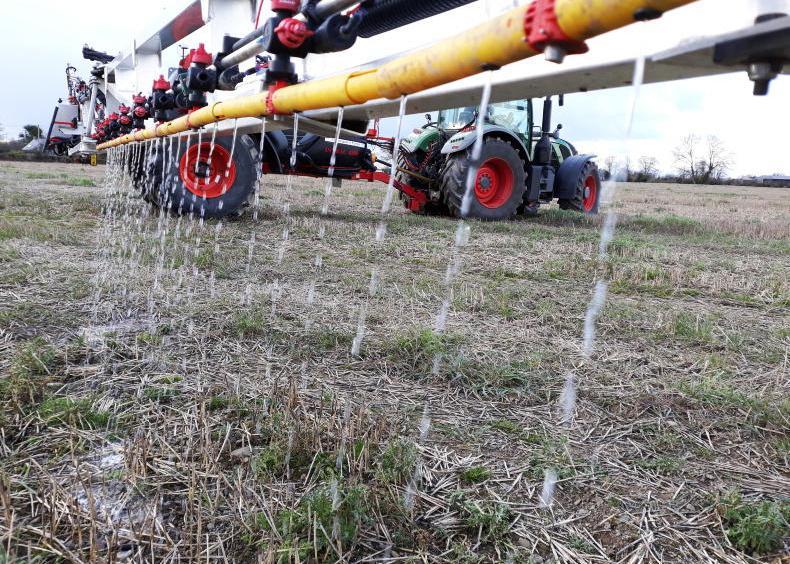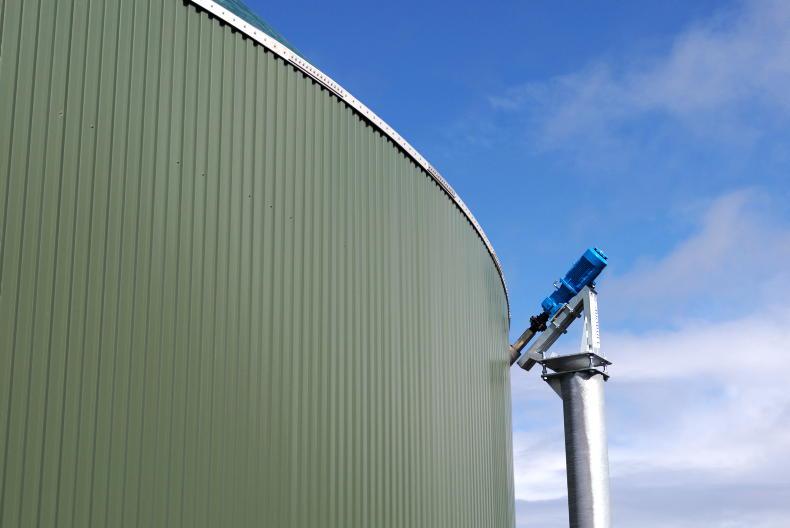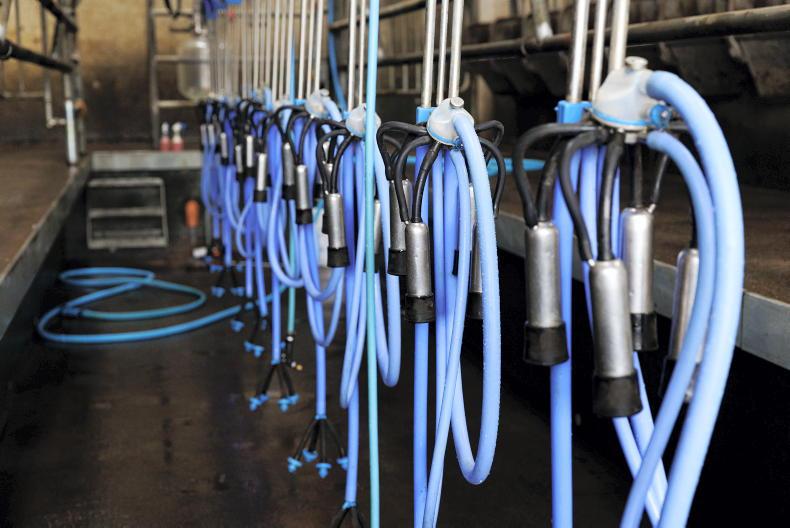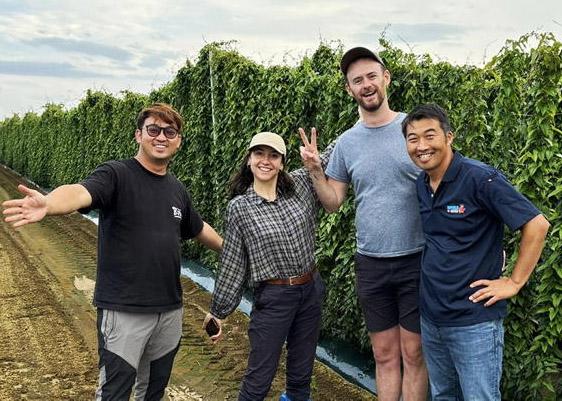Participants in the Smart Farming programme this year have identified average cost savings of €7,170 and a 9% average greenhouse gas emissions reduction, the IFA and the Environmental Protection Agency (EPA) have said.
Soil fertility accounted for 42% of the savings, while grassland management accounted for 17% of savings.
The average participating dairy farm could save €8,280 annually if implementing all the recommendations identified with programme advisers, while other livestock farms could save €6,300 on average.
IFA president Joe Healy welcomed the growing number of participants, despite a "challenging year for farm families right across the country".
Transformational changeEPA director general Laura Burke said the programme provides "practical leadership to reduce the environmental impact of the farming community and to bring about the transformational change required to transition to a low carbon and resource efficient economy".
"The supports provided through Smart Farming are shared through peer-to-peer learning and have the potential to be scaled up across the country,” she added.
The publication of the results coincides with UN World Food Day, which highlights food security, sustainability and climate change.
Read more
Listen: immediate drought action meets longer-term sustainability targets
Participants in the Smart Farming programme this year have identified average cost savings of €7,170 and a 9% average greenhouse gas emissions reduction, the IFA and the Environmental Protection Agency (EPA) have said.
Soil fertility accounted for 42% of the savings, while grassland management accounted for 17% of savings.
The average participating dairy farm could save €8,280 annually if implementing all the recommendations identified with programme advisers, while other livestock farms could save €6,300 on average.
IFA president Joe Healy welcomed the growing number of participants, despite a "challenging year for farm families right across the country".
Transformational changeEPA director general Laura Burke said the programme provides "practical leadership to reduce the environmental impact of the farming community and to bring about the transformational change required to transition to a low carbon and resource efficient economy".
"The supports provided through Smart Farming are shared through peer-to-peer learning and have the potential to be scaled up across the country,” she added.
The publication of the results coincides with UN World Food Day, which highlights food security, sustainability and climate change.
Read more
Listen: immediate drought action meets longer-term sustainability targets









SHARING OPTIONS